According to VA and HUD Chapter 13 cash-out refinance guidelines, homeowners may be eligible for a cash-out refinance on an FHA or VA loan, allowing them to pay off their Chapter 13 Bankruptcy ahead of schedule. VA and FHA loans are the only mortgage loan programs that permit borrowers to purchase or refinance a home while in an active Chapter 13 Bankruptcy repayment plan, provided they have Trustee Approval.
VA and FHA loans are the only two mortgage loan programs that allow borrowers a home purchase or refinance mortgage loans during an active Chapter 13 Bankruptcy repayment plan.
In a Chapter 13 Bankruptcy repayment plan, purchasing something of significant value requires permission from the bankruptcy trustee. This is why many individuals strive to pay off their Chapter 13 Bankruptcy early. Homeowners with substantial home equity can take advantage of a cash-out refinance and proceed with a Chapter 13 Bankruptcy Buyout under Chapter 13 Cash-Out Refinance Guidelines. Throughout the following paragraphs, we will discuss the guidelines for Chapter 13 cash-out refinances during repayment plans on VA and FHA loans.
Lenders need to do manual underwriting for borrowers in an active Chapter 13. Study the FHA Chapter 13 Cash-Out Refinance Guidelines during Chapter 13 repayment because not all FHA lenders will take them. Not all lenders accept the minimum HUD Chapter 13 Cash-Out Refinance Guidelines.
Borrowers do not have to wait for the Chapter 13 discharge to qualify for a refinance or purchase FHA loans. You must be timely on your scheduled payments throughout the Chapter 13 repayment term.
There are lenders with lender overlays, which means they can go above the minimum Chapter 13 Cash-Out Refinance Guidelines. Gustan Cho Associates has no lender overlays on Chapter 13 Cash-Out Refinance Guidelines. Over 20% of our borrowers are folks in a current Chapter 13.
HUD Chapter 13 Cash-Out Refinance Guidelines on Waiting Period After Filing Bankruptcy
HUD provides guidelines for a waiting period after filing Chapter 13 bankruptcy. Homebuyers and homeowners can qualify for FHA loans during a repayment plan for both purchase and refinance transactions. These manual underwriting guidelines are also followed by VA and HUD throughout the Chapter 13 Bankruptcy process.
VA and FHA loans are the only two mortgage program that allow manual underwriting. All mortgage loans placed during a Chapter 13 repayment plan undergo manual underwriting.
Borrowers are not required to have a Chapter 13 discharged but must have met specific eligibility criteria. To qualify for a loan, they must have made 12 timely payments to the bankruptcy trustee, without being late, and been in the Chapter 13 Bankruptcy repayment plan for at least 12 months.
Chapter 13 Cash-Out Refinance Guidelines During Chapter 13 Repayment
Chapter 13 cash-out refinance guidelines allow homeowners with equity to do a cash-out refinance and pay off the Chapter 13 balance. It needs to be manual underwriting. Manual underwriting guidelines apply. If debts are included in Chapter 13 bankruptcy, then only 12 months of timely payments are required.
There is no difference between automated versus manual underwriting.
Trustee approval is required. Many people worry about getting trustee approval. Trustees will approve a mortgage transaction. Gustan Cho Associates never had a bankruptcy trustee not approve a mortgage during Chapter 13 bankruptcy repayment.
Still in Chapter 13? You May Qualify!
Tap your home’s equity even while in repayment.HUD Agency Chapter 13 Cash-Out Refinance Guidelines
To simplify explaining Chapter 13 cash-out refinance guidelines, we will cover the general HUD Agency Mortgage Guidelines about Bankruptcy. There is a two-year waiting period after the Chapter 7 Bankruptcy discharge date to qualify for FHA loans. Borrowers can qualify for both purchases and refinance FHA loans during the Chapter 13 repayment plan after 12 months into the plan with Trustee Approval. Chapter 13 does not need to be discharged. Timely payments during the Chapter 13 bankruptcy repayment plan are required. It needs to be a manual underwrite.
Chapter 13 Cash-Out Refinance Guidelines on Buying Out Chapter 13 Early
If the borrower has equity in their home and is eligible for a cash-out refinance, they can use the cash-out proceeds to pay off their Chapter 13 debt balance. You must be in the repayment plan for at least 12 months and make timely payments.
There are no waiting period requirements after the Chapter 13 bankruptcy discharge date. Paying the Chapter 13 bankruptcy debt earlier than the set payment date is also called a Chapter 13 bankruptcy buyout.
By doing so, the bankruptcy petitioner will pay Chapter 13 earlier than anticipated. Gustan Cho Associates are experts in helping borrowers qualify for a mortgage while in Chapter 13 Bankruptcy. Homeowners must qualify with a lender that does manual underwriting on FHA or VA loans.
HUD Cash-Out Refinance Guidelines on Paying Chapter 13 Early
Homeowners in Chapter 13 Bankruptcy who have home equity can pay Chapter 13 early by doing an FHA Cash-Out Refinance while in an active repayment plan. Bankruptcy Trustee Approval is required. In this section, we will discuss paying the Chapter 13 debt earlier than the planned, scheduled date.
Not all mortgage lenders will do a cash-out refinance during Chapter 13 bankruptcy on FHA or VA loans. Not all lenders will do manual underwriting.
Find out how much equity they have. HUD allows up to 80% loan to value with cash-out refinance. Get approval from the bankruptcy trustee for cash-out refinance Chapter 13 buyout mortgage. Many borrowers worry about the approval of the Trustee. Most trustees will approve this.
Manual Versus Automated Underwriting System Approval Mortgage Process
Manual underwriting is only allowed on FHA and VA loans. Any borrowers in Chapter 13 Bankruptcy repayment without being discharged will not get approve/eligible per the automated underwriting system. They will get refer/eligible findings. With refer/eligible per AUS, it can be downgraded to a manual underwrite.
The major difference is the debt-to-income ratio caps are lower on manual underwrites. Borrowers with high debt-to-income ratios need compensating factors. Verification of rent is normally required on manual underwrites unless the borrower is living rent-free with a family member.
Gustan Cho Associates will exempt rental verification if the borrower can provide they are living rent-free with a family member. Timely payments in the past 24 months are required on manual underwriting. One or two late payments in the past 12 months are not always a deal killer.
Importance of Compensating Factors For Borrowers With High Debt-To-Income Ratio
Chapter 13 cash-out refinance guidelines on acceptable compensating factors for manual underwriting. Include the following factors. Here are examples of compensating factors mortgage underwriters can use as compensating factors on FHA and VA loans. Examples of compensating factors are the following:
- Payment shock of less than 100 dollars from renting to their new housing payment is a strong compensating factor.
- Having a second job for at least one year or longer but not used as qualifying income
- A larger down payment shows the buyer is putting skin in the game and lessens the risk by the lender.
- A borrower has a history of consistent income increases and job promotion
- The same job with a history of promotions and increases and the borrower getting certifications/higher education to further their careers
- The above example could be a police officer getting promoted to sergeant, lieutenant, captain, or deputy chief and going to night school for his bachelor’s, master’s, or doctorate while working to further their career.
- The non-borrowing spouse whose income is not used to qualify for the mortgage
Often, borrowers are skeptical about getting the bankruptcy trustee to approve a mortgage while in a Chapter 13 repayment plan. Of the countless borrowers Gustan Cho Associates helped during Chapter 13 Bankruptcy, the team at Gustan Cho Associates never had an issue with the Trustee. The loan officer can review the figures with you, see how much you can save, and help do a Chapter 13 bankruptcy buyout.
Difference Between Manual and Automated Approved Underwriting
FHA and VA loans are the only two programs allowing manual underwriting. The noticeable difference between manual and automated underwriting is the cap limits placed on manual underwriting. In general, VA loans have much more leniency on manual underwriting than FHA loans:
You need to have timely payments for the past 12 months on VA loans for manual underwriting. HUD, the parent of FHA, requires 24 months of timely payment for manual underwriting.
Mortgage underwriters have a lot of power and discretion regarding manual underwriting. Underwriters can use underwriter discretion in their decision on manual underwrites. Compensating factors are important in manual underwrites. Both FHA and VA loans require compensating factors when it comes to approving borrowers with higher debt-to-income ratios.
Chapter 13 Cash-Out Refinance Guidelines on DTI Caps on Manual Underwriting
Here are the recommended DTI versus compensating factor guidelines on manual underwriting on FHA and VA loans. The maximum front-end debt-to-income ratio is 31%, and a back-end DTI is 43% for borrowers with zero compensating factors.
Maximum 37% front-end and 47% back-end DTI with one compensating factor: maximum 40% front-end and 50% back-end DTI with two compensating factors.
The above manual underwriting guidelines are a benchmark for FHA and VA loans. Mortgage underwriters can use underwriter discretion and exceed the above benchmark if borrowers have strong compensating factors.
Lower Payments, Get Cash, Stay on Track
Refinance during Chapter 13 to pay off debt and free up money.Mortgage Approval During Chapter 13 Bankruptcy Repayment Period
HUD Chapter 13 Cash-Refinance Mortgage Guidelines allow homeowners to qualify for a mortgage during the Chapter 13 Bankruptcy repayment plan, and the bankruptcy does not need to be discharged. In the following paragraph, we will further cover the following topics:
- Can you qualify for a mortgage during the Chapter 13 Bankruptcy repayment plan?
- Doesn’t the Chapter 13 Bankruptcy need to be discharged?
- How difficult is it to get trustee approval?
- Can you pay off the Chapter 13 Bankruptcy with the cash-out refinance proceeds?
Homeowners can no longer be stuck in a five-year Chapter 13 repayment plan. Home values have skyrocketed. They can now use their equity to pay off their Chapter 13 bankruptcy balance by doing a cash-out on their homes.
Chapter 13 Cash-Out Refinance Guidelines on Trustee Mortgage Approval
You need to get Bankruptcy Trustee approval—why you need to pull cash-out from your home’s equity. One of the most common reasons homeowners do a cash-out refinance during the Chapter 13 Bankruptcy repayment period is to pay the Chapter 13 Bankruptcy debts in full and get a discharge sooner rather than later. Home values have been skyrocketing in recent years.
Depending on the county and state, many homeowners have seen the value of their homes appreciate double digits every year. Due to rising and skyrocketing home values,
2024 FHA loan limits are now capped at $498,257. The 2024 Conventional loan limit is now capped at $766,550 Many homeowners are pleasantly shocked to see the amount of home equity they have. Gustan Cho Associates is a national five-star mortgage company licensed in multiple states with no lender overlays. The team at Gustan Cho Associates is a mortgage company licensed in multiple states with a national reputation for being able to do loans other lenders cannot do.
Chapter 13 Cash-Refinance Guidelines on FHA and VA Loans
FHA and VA are the only two mortgage programs that allow home mortgages during the Chapter 13 Bankruptcy Repayment Plan. All FHA and VA Chapter 13 Mortgage Processes need to be manually underwritten. Manual underwriting is when a human mortgage underwriter needs to review a borrower’s file carefully. The mortgage underwriter must ensure the borrower meets all the minimum agency mortgage guidelines. The ability to repay will be carefully evaluated.
How Underwriters Approve Loans During Chapter 13 Bankruptcy
Timely payments during the Chapter 13 bankruptcy repayment period are a must. No late payments are allowed during the Chapter 13 Bankruptcy repayment period. HUD and the Federal Housing Finance Agency (FHFA) have increased FHA and Conventional loan limits for the past seven years.
Compensating factors are an important factor for borrowers with higher debt-to-income ratios. Mortgage underwriters will look at the stability of the borrower’s employment.
The borrower’s employment must be strong, stable, and likely for the next three years. The minimum credit score required for an FHA cash-out refinance mortgage is 500 FICO. The maximum loan-to-value allowed is 80% LTV. Only homeowners with equity can qualify for a cash-out refinance FHA loan.
Mortgage Loan Originators Who Are Experts In FHA Manual Underwriting Loans
Alex Carlucci of Gustan Cho Associates is one of the top loan originators. The team at Gustan Cho Associates helps more borrowers in the Chapter 13 Bankruptcy repayment period qualify for VA and FHA loans than any other lenders in the country. Jammi Cash said the following.
Borrowers can qualify for a VA or FHA loan on a manual underwrite with credit scores down to 500. You do not need traditional credit tradelines. The bankruptcy payment to the trustee is considered a tradeline and so is your monthly rent payment. Payments that do not report to the credit bureaus are called non-traditional credit tradelines.
Compensating Factors are positive factors considered by lenders. Compensating factors are important in making mortgage underwriters’ decisions on approving borrowers with higher debt-to-income ratios on manual underwrites. Gustan Cho Associates are experts in helping mortgage borrowers qualify for an FHA loan during the Chapter 13 Bankruptcy repayment period.
Why Homeowners Apply For FHA Cash-Out Refinance During Chapter 13 Repayment
During the Chapter 13 Bankruptcy repayment period, homeowners with equity can choose to do a cash-out refinance mortgage using an FHA loan. However, it is important to note that the bankruptcy trustee must approve the mortgage transaction. The trustee may want to understand the reason for the cash-out refinance. Here are common reasons why homeowners may want to do a cash-out refinance during a Chapter 13 Bankruptcy repayment plan:
- Get the necessary funding to pay off Chapter 13 debts and end the Chapter 13 repayment plan early.
- Repair or renovations are needed to the home.
- Pay outstanding high credit card debts or installment loans
- Pay for a wedding and honeymoon for their children
- Use the money for a family vacation
- Purchase a second home or investment home
- Invest in a business or start a new business
- Nursing home care: Many nursing homes are not covered by insurance or Medicaid and can cost over $10,000 per month
- Family emergency.
- Medical emergency.
It is important to note that the proceeds from a cash-out refinance mortgage are tax-free, meaning there is no capital gains tax involved. Whether a homeowner chooses a Chapter 13 cash-out refinance for the purpose of buying out Chapter 13 or for any other reason, the approval of the Chapter 13 Bankruptcy trustee is required to proceed with the mortgage process while in Chapter 13 Bankruptcy.
Chapter 13 Cash-Out Refinance Guidelines on Getting Early Bankruptcy Discharge
With the housing market booming and home values at historic highs, many of our most frequently asked questions at Gustan Cho Associates are: What are the agency guidelines on Chapter 13 Buyout?
Many homeowners are leery they can do a Chapter 13 cash-out buyout during Chapter 13 bankruptcy repayment plan. Chapter 13 cash-out buyout refinance is very easy and streamlined as long as homeowners have equity in their homes.
Many homeowners are equity-rich due to the skyrocketing home prices. FHA and VA loans are the only two loan programs allowing borrowers to qualify for a mortgage during Chapter 13 Bankruptcy repayment without the bankruptcy being discharged. It needs to be manual underwriting. FHA and VA loans are the only two programs allowing manual underwriting.
Cash-Out Refinance During Booming Housing Market To Buy Out Chapter 13
Most Chapter 13 Bankruptcy repayment terms are set for 60 months. Homeowners with substantial equity can do a cash-out refinance on FHA or VA loans during the Chapter 13 Bankruptcy repayment period. With the proceeds from the cash-out, they can end the term of Chapter 13 with a buyout while in the repayment plan of Chapter 13 Bankruptcy.
Buying out of Chapter 13 will end the repayment period. The homeowner will get the bankruptcy discharged sooner than the set term of the repayment plan.
Many of our clients at Gustan Cho Associates are taking advantage of the skyrocketing home values. With surging home prices, most homeowners have equity in their homes. Homeowners with equity can do cash-out refinance during Chapter 13 repayment to buyout the Chapter 13. The following paragraph discusses and covers Chapter 13 buyout in a repayment plan with a cash-out mortgage.
Most Common Types of Personal Consumer Bankruptcy
The two most common personal consumer bankruptcies in the United States are Chapter 7 and Chapter 13 Bankruptcy. Chapter 7 Bankruptcy is the more common of the two bankruptcy. Consumers with little income and assets will benefit from Chapter 7 Bankruptcy. Chapter 7 is also referred to as total liquidation. The trustee will liquidate the petitioners’ assets to pay the consumer’s creditors. Petitioners can get Chapter 7 Bankruptcy discharged within 90 days from the debt filing.
How Does Bankruptcy Work In Favor Of Consumers?
A bankruptcy discharge means the consumer is now debt-free, and creditors cannot come after the consumer for past-due debts. People with assets or who want to protect their homes or other things of value may not benefit from Chapter 7 and may need to file for Chapter 13 Bankruptcy. Consumers need to qualify for bankruptcy. Consumers need to pass the bankruptcy means test to be eligible for Chapter 7 or 13 Bankruptcy:
Consumers who make too much income determined by the Chapter 7 Bankruptcy means test may not be eligible to file Chapter 7 Bankruptcy. You need to be employed or have a steady stream of income to be eligible for Chapter 13 Bankruptcy.
People with stable full-time jobs or income with assets to protect benefit from Chapter 13 Bankruptcy. Unlike Chapter 7 Bankruptcy, where a bankruptcy discharge only takes 90 days, payment terms on Chapter 13 Bankruptcy are normally for five years (60 months). The bankruptcy trustee will determine a percentage of the person’s income to be set aside monthly to pay creditors. After five years or the term of Chapter 13, all unpaid debts are discharged, and the consumer is debt-free.
Turn Bankruptcy Into a Fresh Start
Use a cash-out refinance to eliminate high payments and move forward.Chapter 7 Bankruptcy Agency Mortgage Guidelines
Borrowers can qualify for government or conventional loans after the Chapter 7 Bankruptcy discharge date. The waiting period requirements after Chapter 7 Bankruptcy differs depending on the mortgage loan program. There are mandatory waiting period requirements after Chapter 7 Bankruptcy. HUD, the parent of FHA, requires a two-year waiting period after the Chapter 7 Bankruptcy discharge date on FHA loans. VA requires a two-year waiting period after Chapter 7 Bankruptcy on VA loans. USDA loans require a three-year waiting period after the Chapter 7 Bankruptcy discharge date. Fannie Mae and Freddie Mac require a four-year waiting period after Chapter 7 Bankruptcy.
Rebuilding Credit After Bankruptcy To Qualify For a Mortgage
People should start rebuilding and re-establishing credit after bankruptcy the day the bankruptcy has been discharged. Getting three to five secured credit cards with at least a $500 credit limit is the easiest and fastest way to rebuild your credit after bankruptcy. Gustan Cho Associates has helped thousands rebuild and boost their credit scores to 700 FICO in less than one year after the Chapter 7 Bankruptcy discharge date. If you have too much assets or debts that surpass one million dollars, you will not be eligible for Chapter 13 and may need to file Chapter 11 Bankruptcy.
Chapter 13 Cash-Out Refinance Versus Purchase Requirements
Mortgage borrowers can qualify for an FHA or VA home purchase or refinance mortgage while in a Chapter 13 Bankruptcy repayment plan. It needs to be a manual underwrite. FHA and VA loans are the only two mortgage loan programs that allow manual underwriting. Manual underwriting and Chapter 13 Bankruptcy agency guidelines on FHA and VA loans are the same. However, VA manual underwriting guidelines are much more lenient than HUD manual underwriting guidelines.
VA and FHA Chapter 13 Cash-Out Refinance Guidelines
Here are the HUD/VA Chapter 13 Bankruptcy Agency Mortgage Guidelines on a home purchase or refinance FHA and VA loans:
- Borrowers can qualify for an FHA and VA home purchase or refinance mortgage loan after they have been in a Chapter 13 Bankruptcy repayment plan for at least 12 months with bankruptcy trustee approval
- Chapter 13 Bankruptcy does not have to be discharged
- There is no waiting period after the Chapter 13 Bankruptcy discharge date on FHA or VA loans via manual underwrite
- The debt-to-income ratio on manual underwriting is 31/40 with no compensating factors, 37/47 with one compensating factor, and 40/50 with two compensating factors
- 580 credit score is required for a 3.5% down payment home purchase FHA loan
- There are no minimum credit score requirements on VA loans
Not all lenders will originate and fund mortgages during the Chapter 13 Bankruptcy repayment plan and manual underwriting. Gustan Cho Associates is a mortgage company licensed in multiple states with no lender overlays.
Chapter 13 Cash-Out Refinance Guidelines To Buy Out Chapter 13 Bankruptcy
Mortgage borrowers can qualify for an FHA or VA loan while in a Chapter 13 Bankruptcy repayment plan. FHA and VA loans are the two loan programs that allow mortgage borrowers to qualify for an FHA or VA loan home purchase or refinance mortgage loan during Chapter 13 Bankruptcy repayment.
Homeowners can buy out Chapter 13 while the bankruptcy is not discharged with a manually underwritten FHA or VA loan. There is no waiting period to qualify for an FHA or VA loan after the Chapter 13 Bankruptcy discharge date. If the Chapter 13 Bankruptcy discharge has not been discharged for at least two years, it must be a manual underwrite.
Homeowners with substantial home equity can qualify for a cash-out refinance FHA or VA loan and pay Chapter 13. Chapter 13 Buyouts are very common. HUD allows up to an 80% LTV on cash-out refinances. The VA allows up to 100% LTV on VA cash-out refinances per VA Chapter 13 cash-out refinance guidelines. Many do not want to be supervised by a bankruptcy trustee for three to five years on their finances.
Qualifying For an FHA Loan With Lender With No Overlays on Chapter 13 Cash-Out Refinance Guidelines
To qualify for a cash-out FHA refinance mortgage during a Chapter 13 Bankruptcy repayment plan with a lender with no overlays, please get in touch with us at Gustan Cho Associates at 800-900-8569. Or text us for a faster response. Or email us at alex@gustancho.com. Gustan Cho Associates is a mortgage company. We are licensed in multiple states. We have no lender overlays on government and conventional loans. The team at Gustan Cho Associates is available seven days a week, on evenings, weekends, and holidays.
This blog about Chapter 13 Cash-Out Refinance Guidelines During Repayment was updated on January 25th, 2024.
FAQ on Chapter 13 Cash-Out Refinance Guidelines During Repayment
Can I qualify for a cash-out refinance during Chapter 13 Bankruptcy repayment? Yes, homeowners with substantial home equity can qualify for a cash-out refinance during Chapter 13 Bankruptcy repayment. Both FHA and VA loans allow this, but it requires manual underwriting and Trustee Approval.
What are the Chapter 13 cash-out refinance guidelines on VA and FHA loans? For VA and FHA loans, homeowners must be in an active Chapter 13 Bankruptcy repayment plan with Trustee Approval. Manual underwriting is required, and timely payments throughout the Chapter 13 repayment term are crucial. Chapter 13 does not need to be discharged, and borrowers must meet specific eligibility criteria.
Can I apply for a cash-out refinance before the Chapter 13 discharge? Yes, borrowers do not have to wait for the Chapter 13 discharge to qualify for a refinance or purchase FHA loans. However, Trustee Approval is required, and timely payments during the Chapter 13 repayment term are necessary.
What is the waiting period after filing Chapter 13 bankruptcy for FHA loans? No waiting period is required after filing Chapter 13 bankruptcy for FHA loans. Borrowers can qualify for FHA loans during the Chapter 13 repayment plan after 12 months into the plan with Trustee Approval.
How does manual underwriting work for Chapter 13 cash-out refinances? Lenders need to conduct manual underwriting for borrowers in an active Chapter 13. Not all FHA lenders accept the minimum HUD Chapter 13 Cash-Out Refinance Guidelines; some may have additional lender overlays. Borrowers do not need to wait for the Chapter 13 discharge to qualify.
What are compensating factors in manual underwriting for FHA and VA loans? Compensating factors are positive factors lenders consider for borrowers with higher debt-to-income ratios on manual underwrites. Examples include payment shock of less than $100, having a second job, a larger down payment, consistent income increases, and job promotions.
How soon can I qualify for a mortgage after filing Chapter 13 bankruptcy? Borrowers can qualify for an FHA or VA loan during the Chapter 13 Bankruptcy repayment plan. Manual underwriting is required, and timely payments during the repayment period are crucial. The waiting period after the Chapter 13 discharge is not applicable for these loans.
Can I pay off Chapter 13 early with a cash-out refinance? Yes, homeowners with equity in their homes can use a cash-out refinance to pay off their Chapter 13 debt balance and achieve an early buyout. Trustee Approval is required for this process.
What is the difference between manual and automated underwriting? FHA and VA loans are the only two programs allowing manual underwriting. The major difference is that debt-to-income ratio caps are lower on manual underwrites. Underwriters have more discretion in manual underwriting decisions, and compensating factors play a significant role.
How does bankruptcy work in favor of consumers, and what are the common types of bankruptcy? Chapters 7 and 13 are the most common personal consumer bankruptcies. Chapter 7 is total liquidation, and Chapter 13 involves a repayment plan. Bankruptcy discharge means the consumer is debt-free. To qualify for either Chapter 7 or 13, consumers must pass the bankruptcy means test.
How does rebuilding credit after bankruptcy help in qualifying for a mortgage? Rebuilding and re-establishing credit after bankruptcy is crucial. Secured credit cards with at least a $500 limit are recommended for rebuilding credit. Gustan Cho Associates has helped many borrowers boost their credit scores to 700 FICO within a year after Chapter 7 Bankruptcy discharge.
Can I qualify for an FHA loan with a lender with no overlays on Chapter 13 cash-out refinance guidelines? Yes, to qualify for a cash-out FHA refinance mortgage during Chapter 13 Bankruptcy repayment with a lender with no overlays, you can contact Gustan Cho Associates at 800-900-8569, text at the provided number, or email at alex@gustancho.com. The team is available seven days a week.


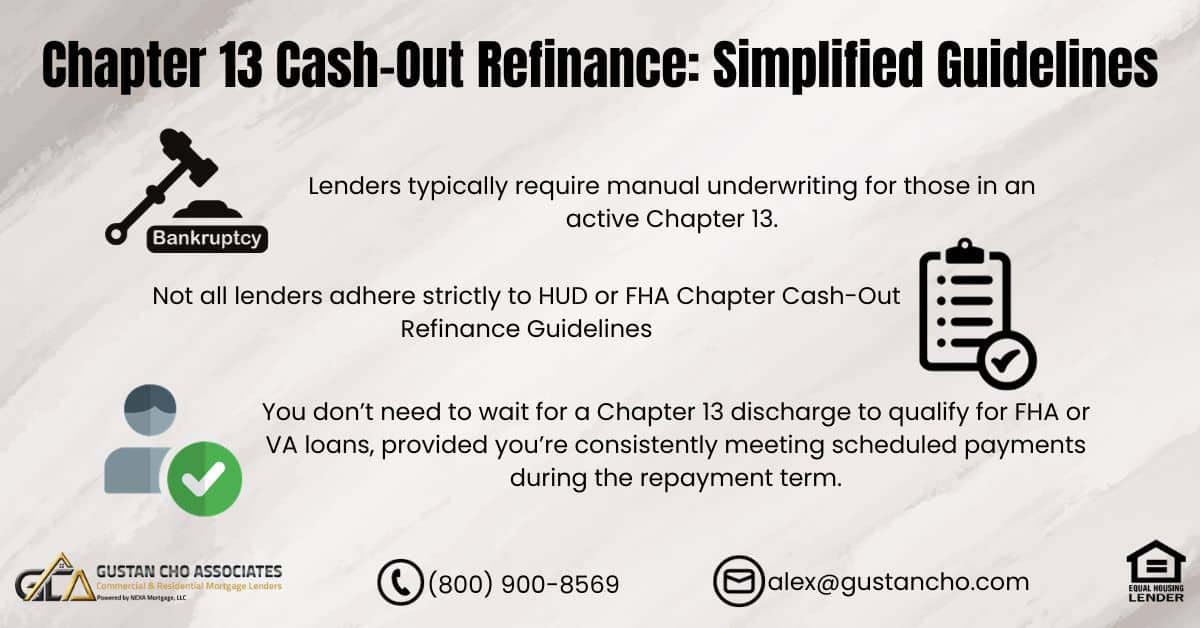


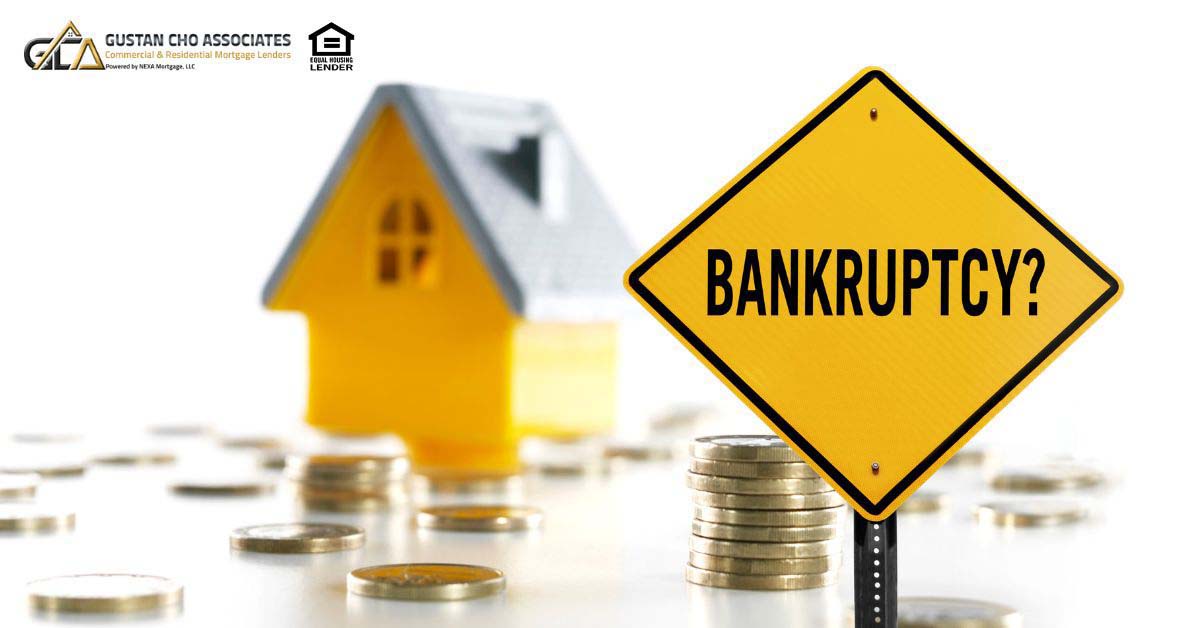

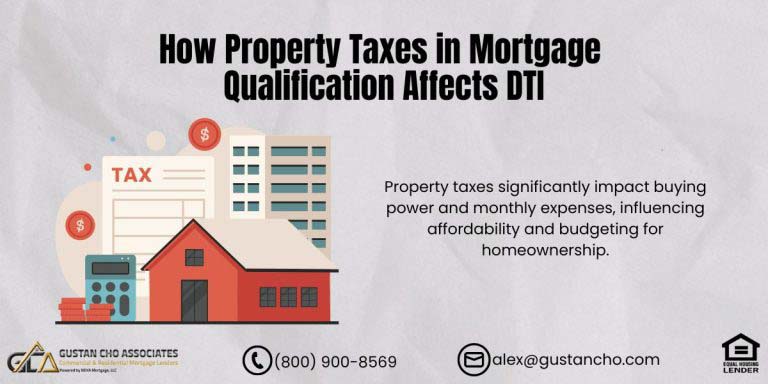
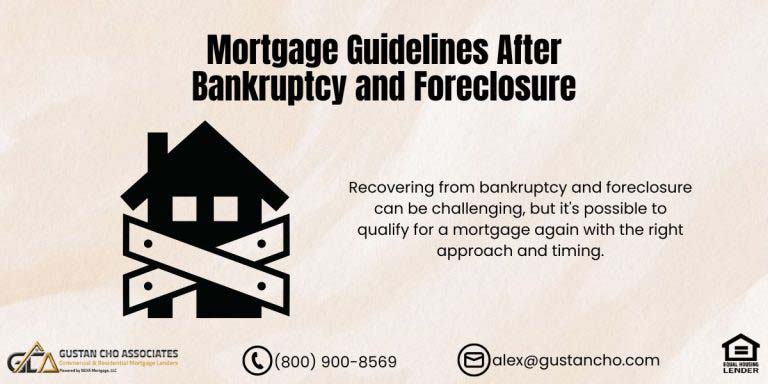
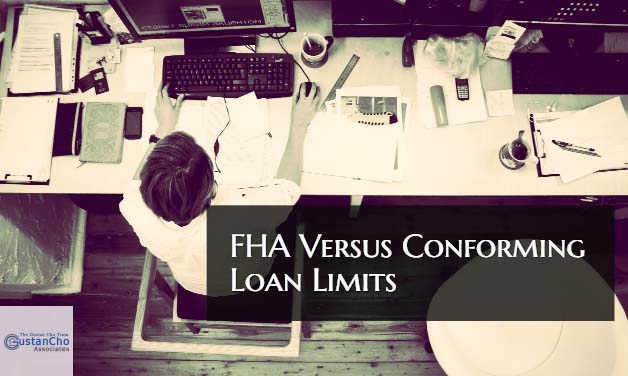
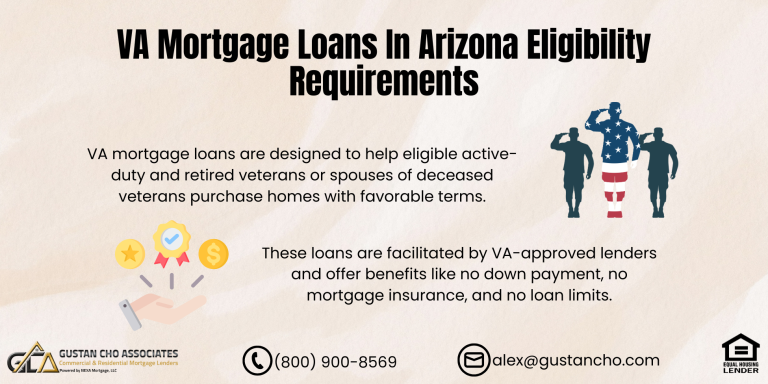
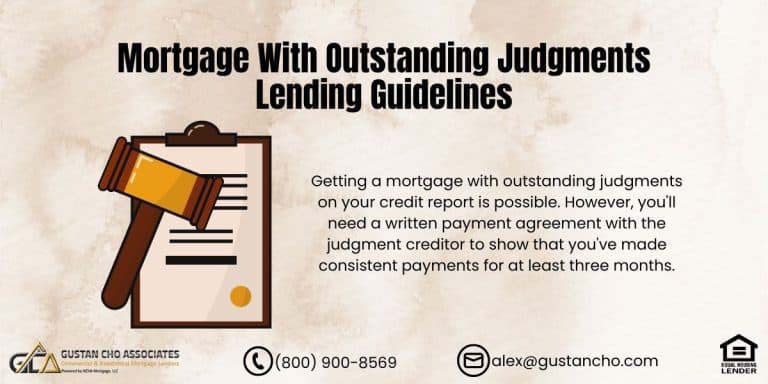
Very good article. I certainly appreciate this website. I have been following Gustan Cho Associates for years. Thanks!
It’s August of 2021 what banks are willing to do a cash out refinance while in a chapter 13. I owe about 170,000 and my home is worth 275,000. I want to pay off the balance of my chapter 13 and do some updating on the home.
We can help you. Please reach out to us with your contact information and phone number at 262-716-8151.
Hi ,
I would like to refinance cash out to pay off balance of chapter 13 and IRS debts as well other private debts . My house is probably worth 400k with a 300k mortgage balance . Is this something posible ?
Yes, it is possible. What state are you in? Please email us your contact information to gcho@gustancho.com or call us at 262-716-8151 or text us for a faster response.
Hello. My mortgage is currently with Carrington Mortgage. I spoke with a refinance agent there who said I cannot do a cash-out refinance while being in chapter 13? I have spoke with my attorney and the trustee and they would approve this option. We have almost 3 years of on-time payments and have built quite a lot of equity in the home. What would you suggest in this case?
We can defnitely help you. Please reach out to us with your contact information at 262-716-8151.
What states are you I. (Ohio)
We are licensed in Ohio.
I have been in.chapt 13 since 2017 with over 100,000 in equity. Would like to do cash out option to pay off chapt 13 discharge for 2 years prior to doing anything. Is this true? I live in Ohio
We can definitely help you. Please reach out to us with your contact information at gcho@gustancho.com or call us at 262-716-8151. Text us for a faster response.
Hello
We live in California and would like to do a cash out refinance to pay off our chapter 13 sooner can you help us? Thanks
We can definitely help you. Please contact us with your contact information at gcho@gustancho.com or call us at 262-716-8151. Text us for a faster response.
I live in south Carolina, been in a chap. 13 for 2yrs . I have a va.loan on my home and my equity is over 120k and rising quickly .My home is not in the bankruptcy. I owe 56k on my chapter 13.
We can definitely help you. Please contact us with your phone number and contact information at gcho@gustancho.com. Or call us at 262-716-8151. Text us for a faster response.
Hello,
I need some help in Texas. I have 18 months on my extended ch13. I would like to take a cash out refi, home value 320,000.00, mortgage balance 25,000.00. Is there any hope.
Please contact us with your contact information at gcho@gustancho.com or call us at 262-716-8151. Text us for a faster response.
Hi my Name is Adriana
Florida is my state , I’m not sure if you operate in this state!
I called and I left message I’m waiting for your call!
Thank you
Can you please email us your contact information at gcho@gustancho.com or call us at 262-716-8151. Text us for a faster response.
I’m told that I need to show that not only have I made 24 on-time payments to the trustee, but that my current mortgage must also show it is current with payments. I can’t be current because the purpose of the Chapter 13 payment plan is to bring my mortgage current over 5 years. I have verified with the bank that the trustee has made all the monthly payments to the bank per the plan. Does HUD require the mortgage to show current with the bank?
Please contact us with your contact information including your phone number so we can go over this by emailing us at gcho@gustancho.com or call us at 262-716-8151. Text us for a faster response. You should be fine.
We are in a 13, we make our payments automatically and would like to oay it off early and get out. We own our Home and we want to do home improvements and finish our 2 car garage. We live in KS. is this something you can help with. We live in a 4 bed 2 bath home with finished basement. On 2 .5 lots.
We can help you and we are licensed in Kansas. Can you please contact us with your phone number at gcho@gustancho.com or call us at 262-716-8151. Text us for a faster response.